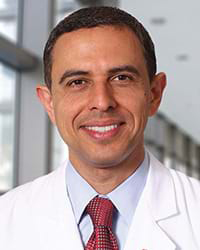The Stigma of Negative Data … and How Preprint Servers Can Help
Written by Kelsie Timbie, PhD
Published:
The scientific community has been aware of the existence of a publication bias since the 1950s. What is a publication bias, and how does this affect science? This form of bias arises when the outcome of an experiment determines whether the results are published. On the surface, this doesn’t sound terrible. Shouldn’t exciting, unexpected results take precedence over a study demonstrating that treatment A doesn’t work? Unfortunately, this is the sort of thinking that has created a stigma around negative data. As students, we are taught that the scientific method is king. If your experiment is well designed and controlled, your data will either prove or disprove your hypothesis. If your experiment is well designed and controlled, your data should be worthy of publication, regardless of the outcome. Unfortunately, this is not the case. Studies have shown that negative results (those that fail to prove the researcher’s hypothesis) are three times less likely to be published (yes, we recognize the potential irony here). Why is this a problem?
Read More ...


